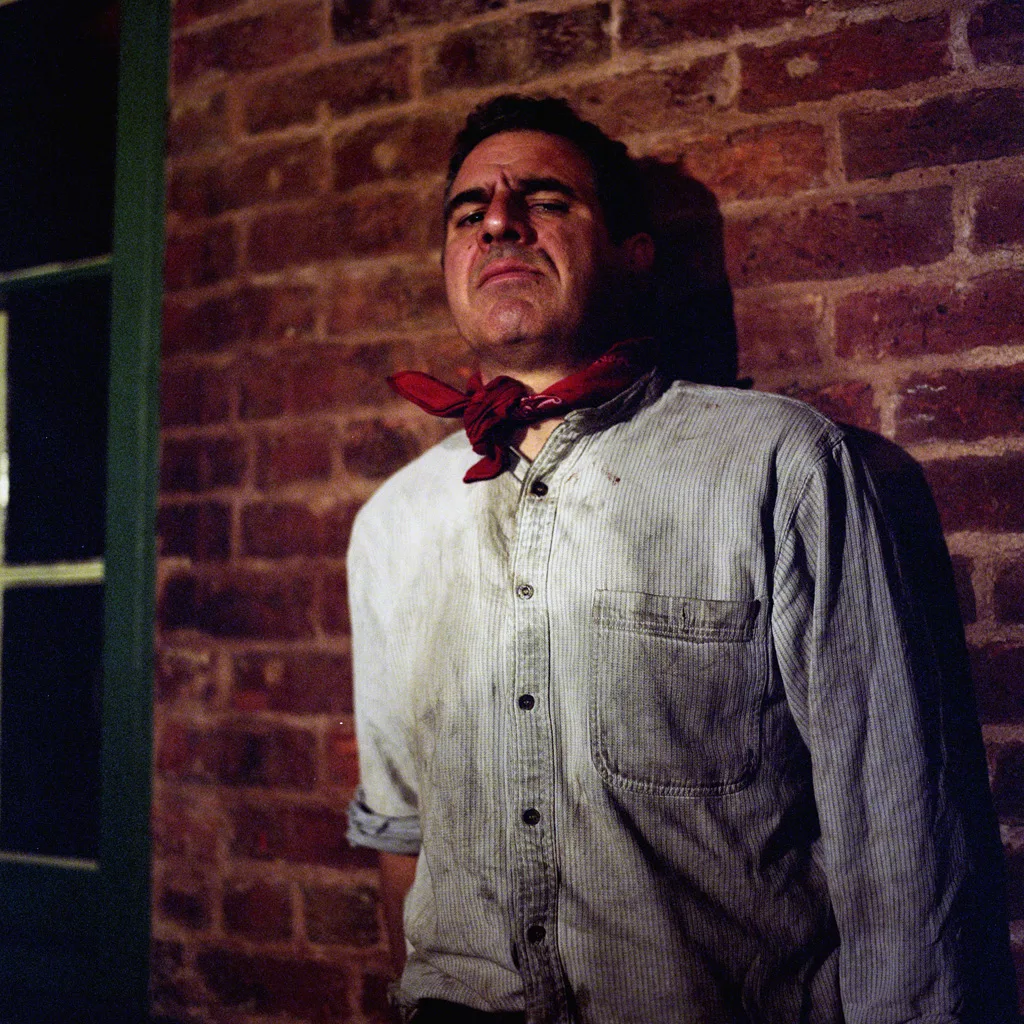Charles was born on 7 June 1820 into a poor family and grew up in a time of increasing agitation over the rights of the working classes. In 1832 the whole population of Birmingham dramatically turned out to welcome the great Birmingham reforming MP Thomas Attwood back from Parliament. Charles started work as a labourer at a time when wages were falling. This may have contributed to his conviction for larceny in 1838, when he was sent to jail for 2 months.
Worse was to come for Charles as he was committed to Birmingham Workhouse and All Saints Lunatic Asylum on a number of occasions between 1841 and his death in 1886. In 1861 we read in the Asylum records that his ‘crime’ was not larceny or even poverty, but ‘unnatural desires’ – a Victorian euphemism for homosexuality. Charles’ committal papers say that he had been seen “in the act of sodomy”, which was a criminal offence. A Victorian asylum was a brutal place, and Charles would have been subjected to inhumane ‘treatments’ such as being strapped to a revolving chair that spun at 100 revolutions a minute until the patient passed out. Little surprise, therefore, that Charles attempted to escape on several occasions.
Charles was released from the Asylum on a number of occasions and his economic circumstances may have improved. In 1855 the Corn Laws were repealed, leading to a fall in the cost of bread, and in the 1861 Census Charles’ occupation was listed in 1861 as ‘Gun Finisher’, a more skilled job than his previous occupation of ‘labourer’ – at a time when Birmingham’s Gun Quarter was thriving.
But we know that he was repeatedly sent back to the Asylum. His health suffered and he died of a stroke on 31 December 1886.


